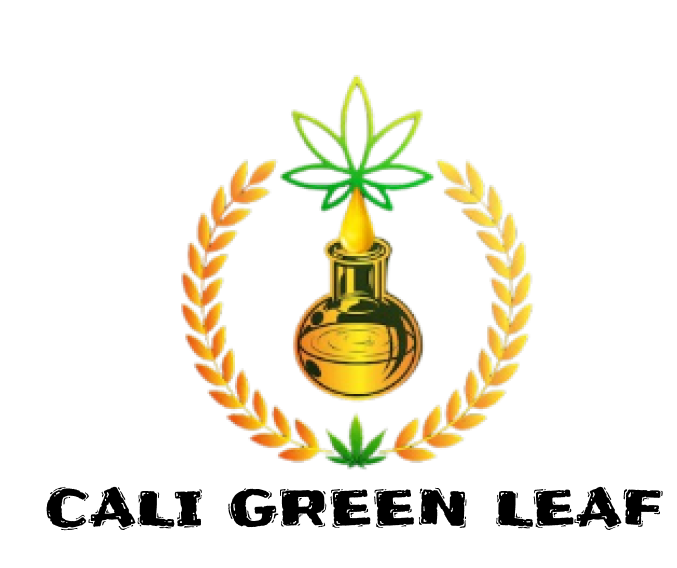An intervention regarding substance use disorders is an approach that aims to reduce harm, improve safety, and promote better health and wellness. However, interventions are outdated and a nonpreferred method of helping someone experiencing a substance misuse disorder or other forms of addiction.
Interventions typically draw upon the Johnson Intervention model. In this understanding of addiction, a person must hit “rock bottom” before they are willing to seek care. A family intervention creates a crisis that encourages a person to see how harmful their addiction is, helping them reach rock bottom and accept treatment.
However, the notion of “rock bottom” is flawed and archaic. If someone is to hit rock bottom and then seek treatment but would then relapse, what message does that send? It implies they would then be below rock bottom, which could be a damaging notion in itself. It also suggests that a person’s life must worsen before they attempt recovery again.
Supporters of this approach believe that an intervention can create positive peer pressure. They also believe that an intervention can help a person see how severe their addiction is, encouraging them to accept treatment. That said, in reality, an intervention may make the individual feel attacked, exposed, and put on the spot. This may cause them to become increasingly guarded and perhaps hide their difficulties with addiction and the misuse or harmful use of substances, which can lead to poorer outcomes.
While interventions are popular, there is little scientific research assessing how well they work or compare to other interventions. Furthermore, the data that do exist are outdated. For example, a 1996 study found that people whose loved ones staged interventions were more likely to enter treatment than those who just received referrals for treatment. However, more recent research has not tested this claim.
Additionally, entering treatment does not equal optimal outcomes. Another older study from 1996Trusted Source found that those who underwent Johnson Interventions were more likely to relapse than three out of four other interventions. This may be because the individual was not ready for treatment but felt forced to due to pressure from loved ones.
Keep reading to learn more about drug interventions, including how they work, potential benefits, and the risks and dangers.

